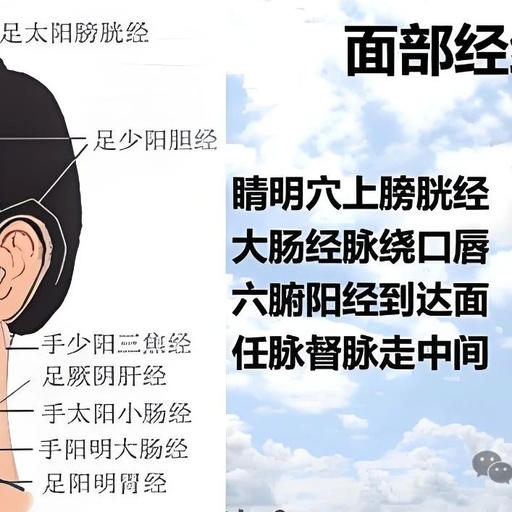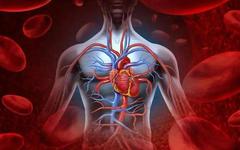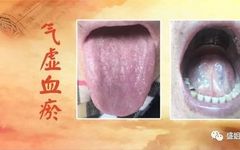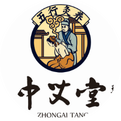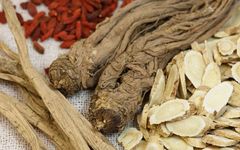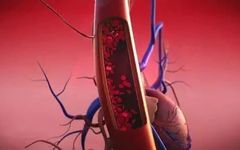Distribution Patterns of the Twelve Meridians
Inheriting the legacy of Qi Huang, a public account with substance and warmth. Ai Yu Xiang Tang The meridians consist of three Yin and three Yang: the three Yang are Yangming (阳明), Shaoyang (少阳), and Taiyang (太阳), while the three Yin are Taiyin (太阴), Jueyin (厥阴), and Shaoyin (少阴). The concept of the three Yin … Read more

